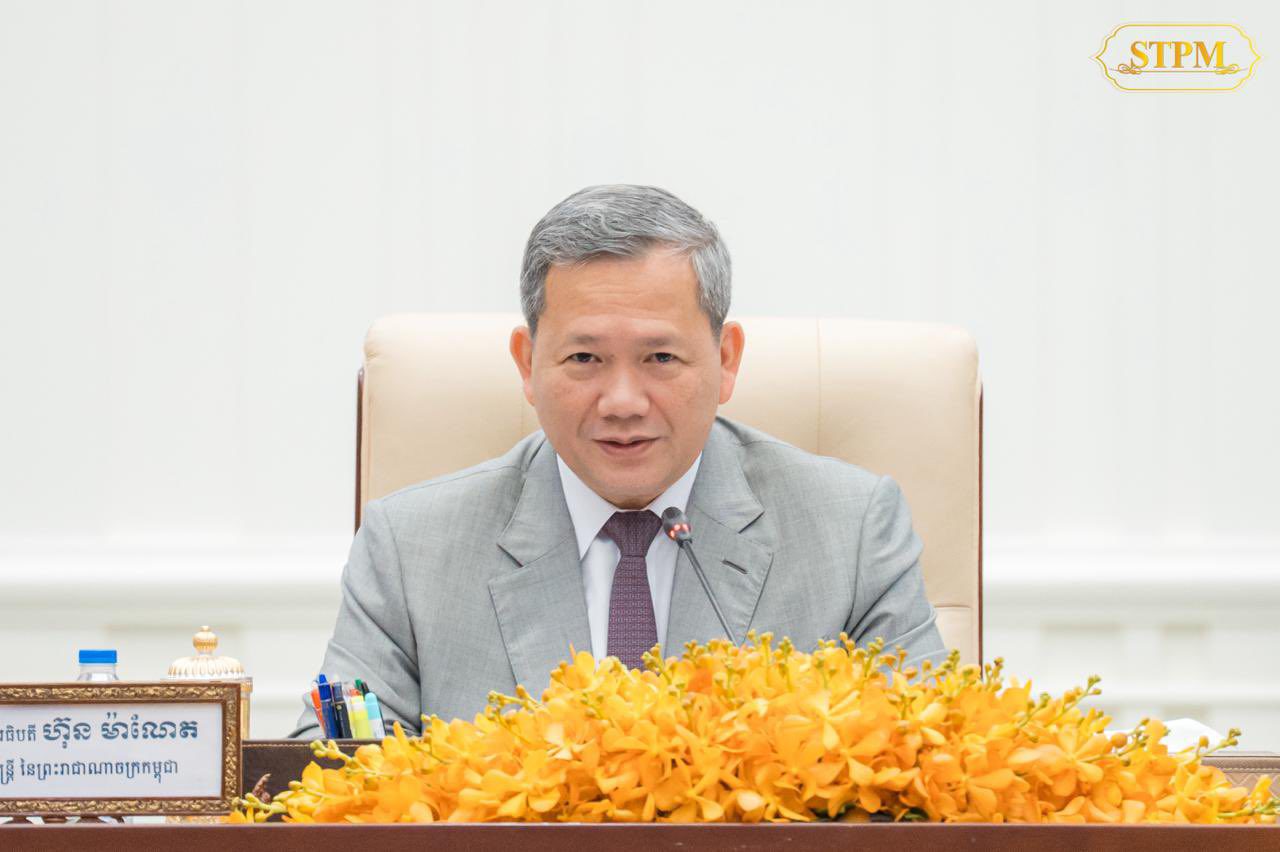
Cambodia’s Record $10 Billion Budget To Drive Economic Growth and Modernization

BGA Cambodia Director Siriwat Chhem wrote an update on Cambodia’s new constitutional amendment and its implications for businesses.
Context
- The Cambodian Council of Ministers on October 24 approved a record-breaking $10 billion national budget for 2026, marking an 8 percent increase from 2025 and accounting for roughly 18.9 percent of GDP. This decision underscores the government’s fiscal confidence and its commitment to the Pentagonal Strategy Phase I, Cambodia’s economic development blueprint. It emphasizes investment in infrastructure, education, health care, digitalization and defense to sustain projected economic growth of about 5 percent.
- The expansion signals Cambodia’s determination to strengthen national security and territorial integrity while modernizing its institutions and boosting regional competitiveness. For multinational corporations, the 2026 fiscal plan presents both growth opportunities in public investment and infrastructure and heightened expectations for compliance, transparency and strategic alignment with national development priorities.
Significance
- The 2026 national budget prioritizes defense, national security and institutional resilience as central pillars of fiscal spending. It also channels resources toward the education, health care, digital and agricultural sectors, which are critical for productivity and human capital development. The government aims to ensure both security and long-term growth, framing defense investment as a foundation for sustainable economic expansion and investor confidence.
- The economy is forecast to grow 5 percent in 2026, with GDP per capita reaching $3,020, up from $2,858 in 2025. Cambodia expects steady recovery in the manufacturing, tourism and services sectors, supported by a stable inflation rate near 2.8 percent. While exports remain the primary driver, the government’s fiscal policy also aims to stimulate domestic demand and strengthen supply chain self-reliance.
- Spending aligns with the Pentagonal Strategy Phase I, which sets out six priority programs and five reform measures focused on governance, fiscal discipline, innovation and the protection of national security. The inclusion of defense and border management as explicit budget priorities highlights a more integrated approach that links economic modernization to national security. This approach reflects Cambodia’s recognition that stability and rule of law are prerequisites for sustained investment and inclusive growth.
- The draft 2026 National Budget Law, approved by the Council of Ministers, will proceed to the National Assembly and Senate for ratification before being signed into law by the king. This constitutional process reinforces fiscal accountability and transparency. The government expects formal enactment before the end of 2025 to enable timely implementation starting January 2026.
Implications
- Foreign investors will want to align early with government spending priorities in infrastructure, logistics and the digital sector, which underpin the national development and security agenda. Building partnerships with local firms and conglomerates in Cambodia can help navigate procurement frameworks and regulatory expectations tied to the new fiscal cycle.
- Multinational corporations will also want to strengthen compliance and transparency practices, given the government’s emphasis on sovereignty and governance reform. Monitoring developments under the Pentagonal Strategy, particularly in defense-related technology, digital infrastructure and human capital, will help investors anticipate opportunities in Cambodia’s evolving strategic economy.
We will continue to keep you updated on developments in Cambodia as they occur. If you have any comments or questions, please contact BGA Cambodia Director Siriwat Chhem at schhem@bowergroupasia.com.
Best regards,
BGA Cambodia Team

Siriwat Chhem
Director
Siriwat is an advisor, a consultant and a former think tank director with expertise in digital transformation, artificial intelligence (AI) and cyberdiplomacy. His professional background includes board positions, executive roles, advisory work and consulting engagements across government, industry and academia. He helps BGA clients navigate the complex global cyberspace to harness digital technology innovation for sustainable development. Prior to joining BGA, Siriwat was founding director of the Asian Vision Institute Center for Inclusive Digital Economy, where he led a team of 50 members, directed the publication of two books and 80 policy papers and initiated national research projects and capacity-building ... Read More
×























